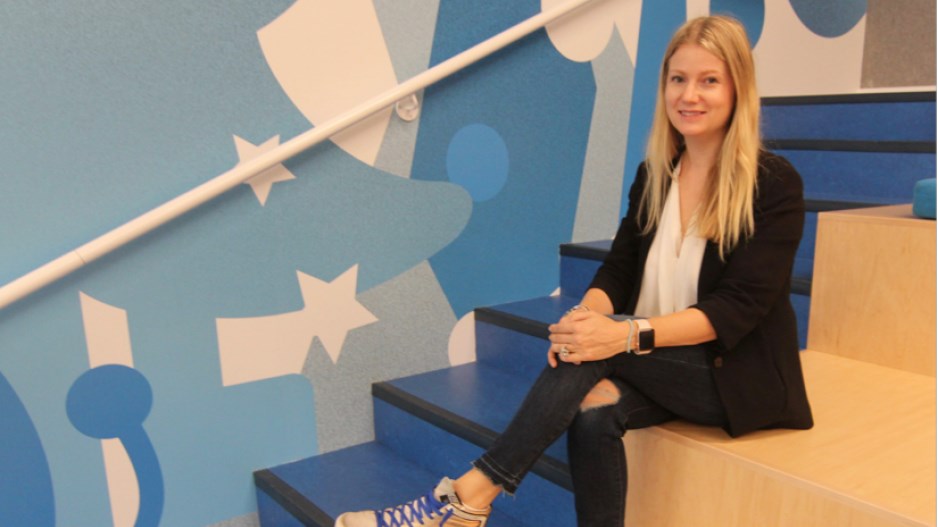While big blockbuster hits, enlightened television content and vivid video game worlds dominate the digital arts sector, one consumer demographic is driving content demands far higher than predicted. And it’s unlikely to be paying for its own subscriptions.
“There has never been a better time to be making kids’ content,”said Kirsten Newlands, senior vice-president of animation production at DHX Media (TSX:DHX).
DHX works on dozens of children’s shows and owns some of the biggest brands in children's entertainment, including Teletubbies and Strawberry Shortcake. In 2018, the introduction of Peanuts to the DHX roster, following the acquisition of a majority stake in the brand in 2017, drove revenue up nearly 45% to $434.4 million compared with 2017.
The DHX studio in Vancouver employs roughly 750 people. Almost 90% of them are artists working on productions either owned by DHX, co-produced with partners or assigned for hire. The 75,000-square-foot Mount Pleasant studio has a gym, library, micro café and community gardens.
Newlands spent part of her career in Toronto but rejoined the Vancouver team several years ago and, with the opening of the new studio in January 2017, she has been privy to the rapid growth of the sector in the city and the heightened focus on child-centred content.
In the last few years, demand from the global streaming market for premium original programming and the popularity of kids’ content on YouTube have skyrocketed.
“The challenge is those same opportunities are there for every company,” Newlands said. “If you are lucky enough to get [a project] financed and on the air, you pretty quickly have to scale up to anywhere from a 45 to 85 crew and get going on making your show.”
Yet what makes Vancouver unique, according to Newlands, is that companies and employees in the city embrace change and fluid movement between projects and organizations to collectively foster a healthy industry for all.
Shawn Walsh, visual effects executive producer and general manager at Image Engine Design Inc., agreed.
“When we first set up Image Engine for high-end visual effects work, many of us would talk about the collaborative environment we had cut our teeth in, which was Soho in London, England,” Walsh said. “What has grown up in Vancouver for post-production and visual effects would simply not have transpired if it weren’t for openness between competitors.”
Image Engine was founded in 1995 and has worked on well-known television productions like Game of Thrones and blockbuster hits like Thor and Jurassic World. In 2015, the company partnered with Cinesite, a leader in animation, to service growing demand for child-focused content.
But higher expectations come with higher costs.
“Cost base is a big challenge with the rise of successful visual effects companies.… Whether that is lending limits, cost of labour or our vendor relationships, it all matters in a high-end service work economy,” Walsh said.
“That being said, Vancouver remains uniquely positioned in terms of the time zone, talent and technology from a global viewpoint.
“Vancouver is also a very open and worldly place that many international clients find particularly appealing.”
That appeal has extended to industry giants like Netflix (Nasdaq:NFLX), which now has a studio in Vancouver and is increasing investment in content produced in the city.
“You are seeing a lot of studios expanding, a lot of studios popping up,” said Ashley Evans, actor and community manager at Bardel Entertainment Inc.
Founded in 1987, Bardel is chiefly an animation service arm for bigger companies producing content, but nearly everything it creates is for children.
Evans said when DreamWorks came to Bardel with a four-TV-series deal is when things really started to change.
“It was content that was to be created for Netflix, and that was a pretty big, historic deal that is reflective of the landscape out there right now.” •




